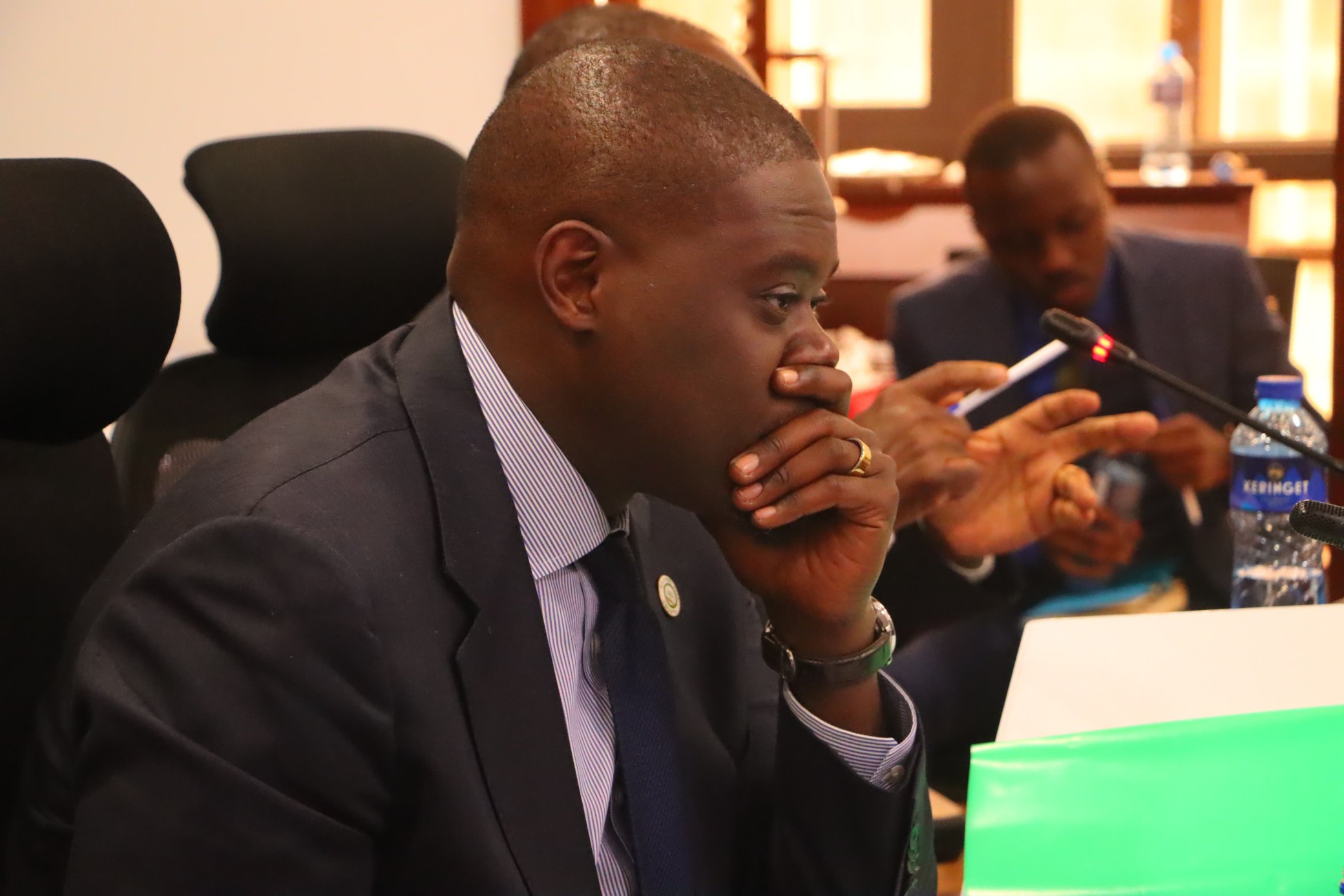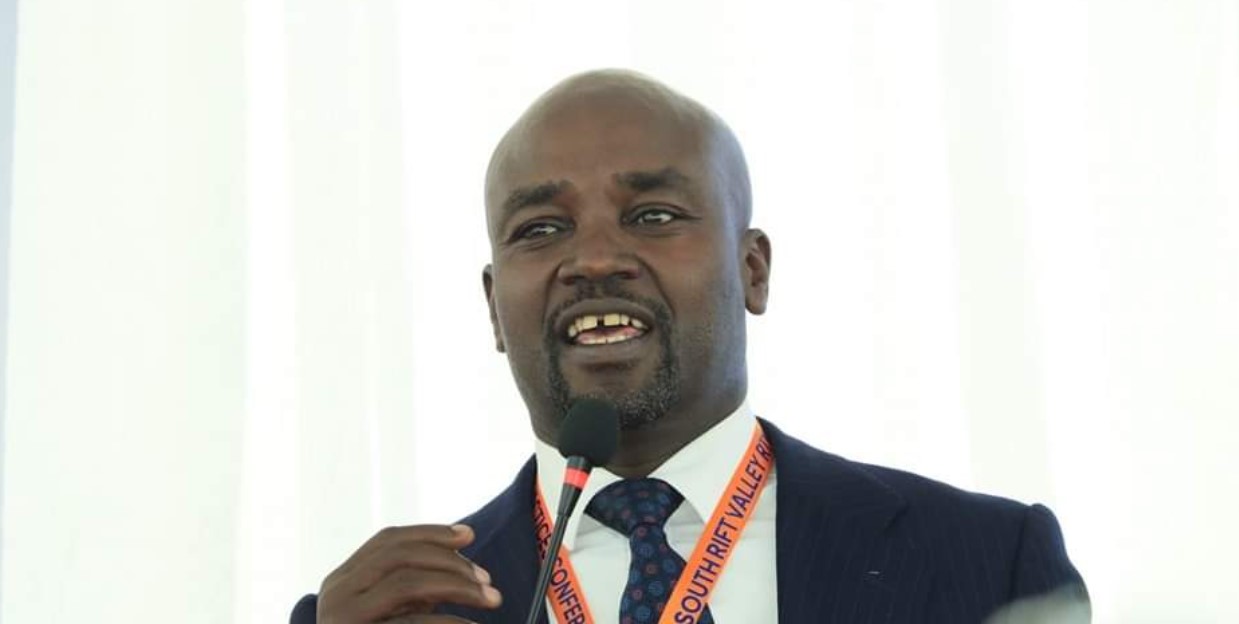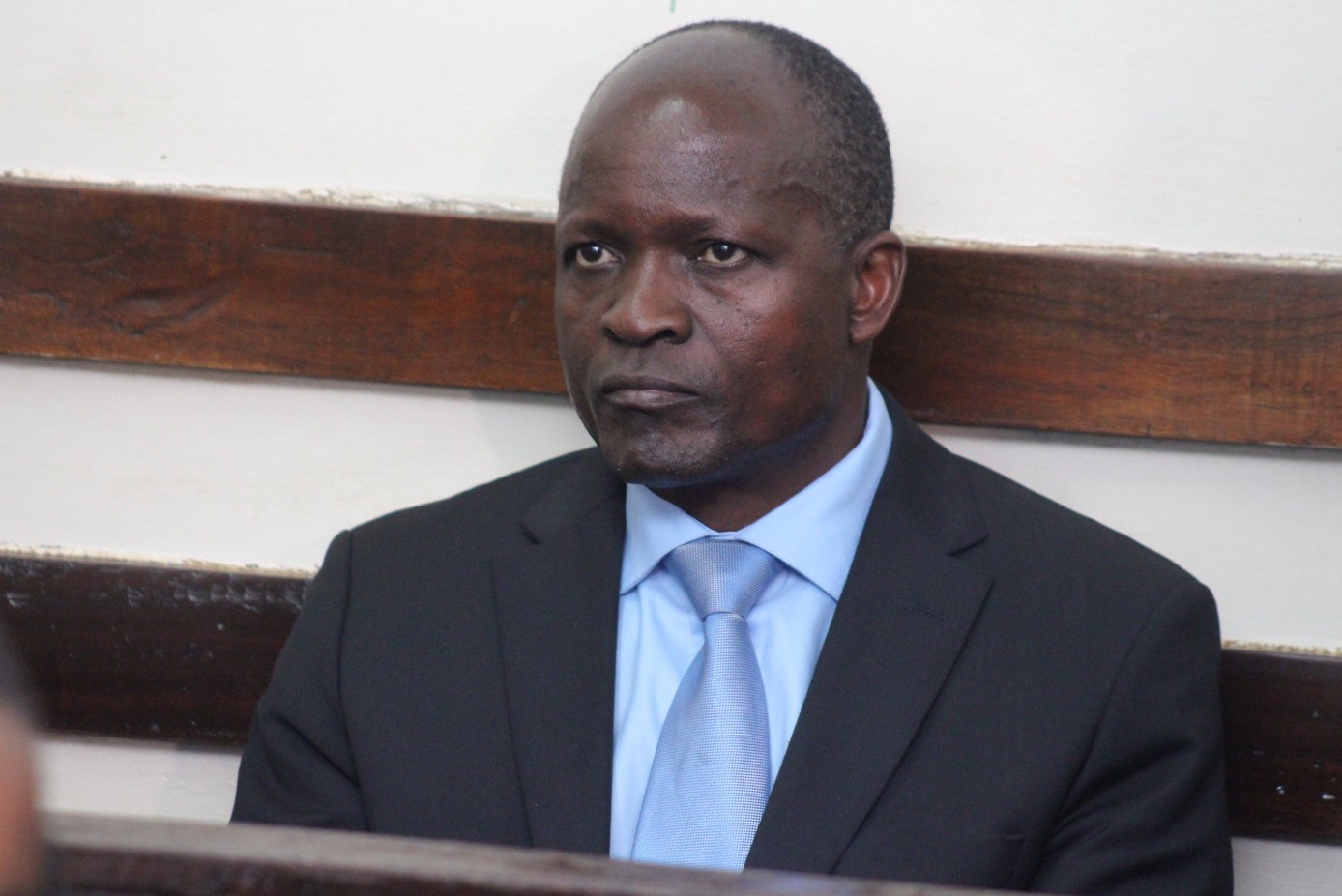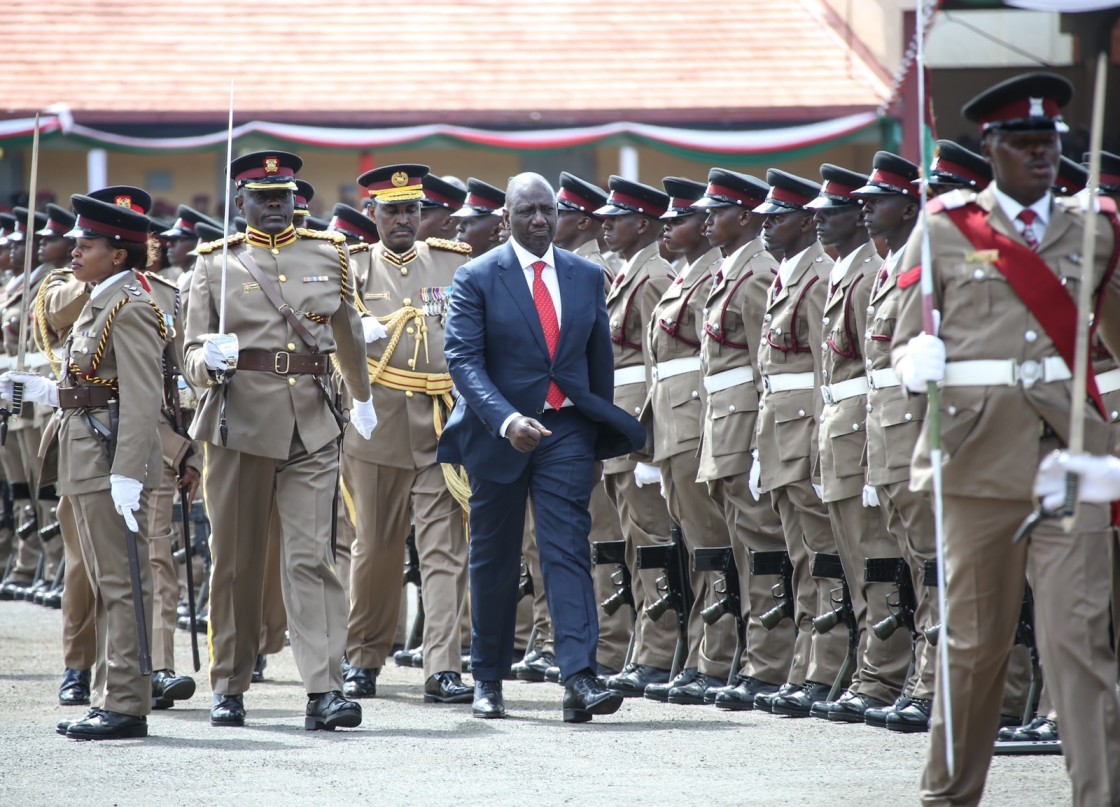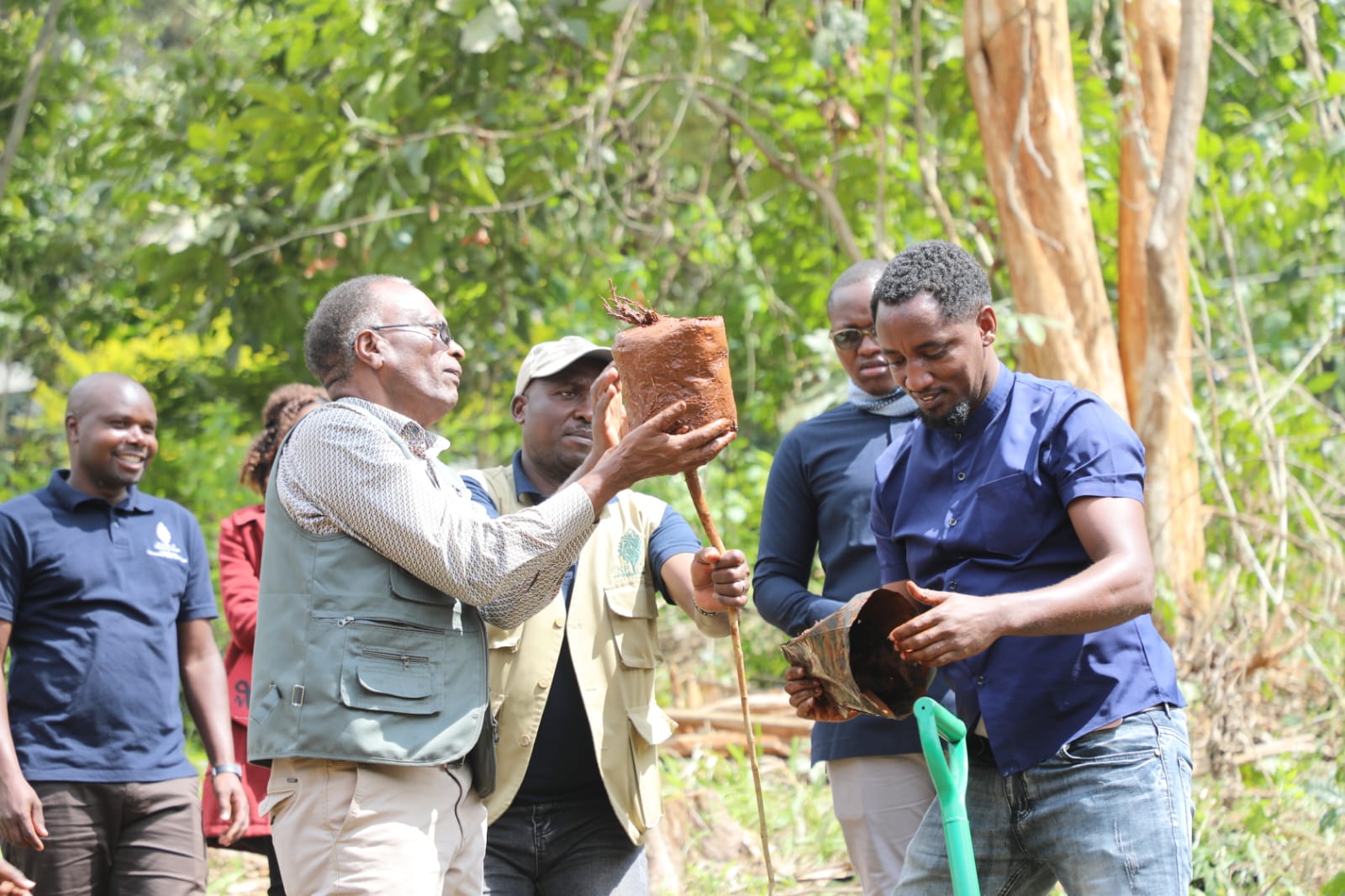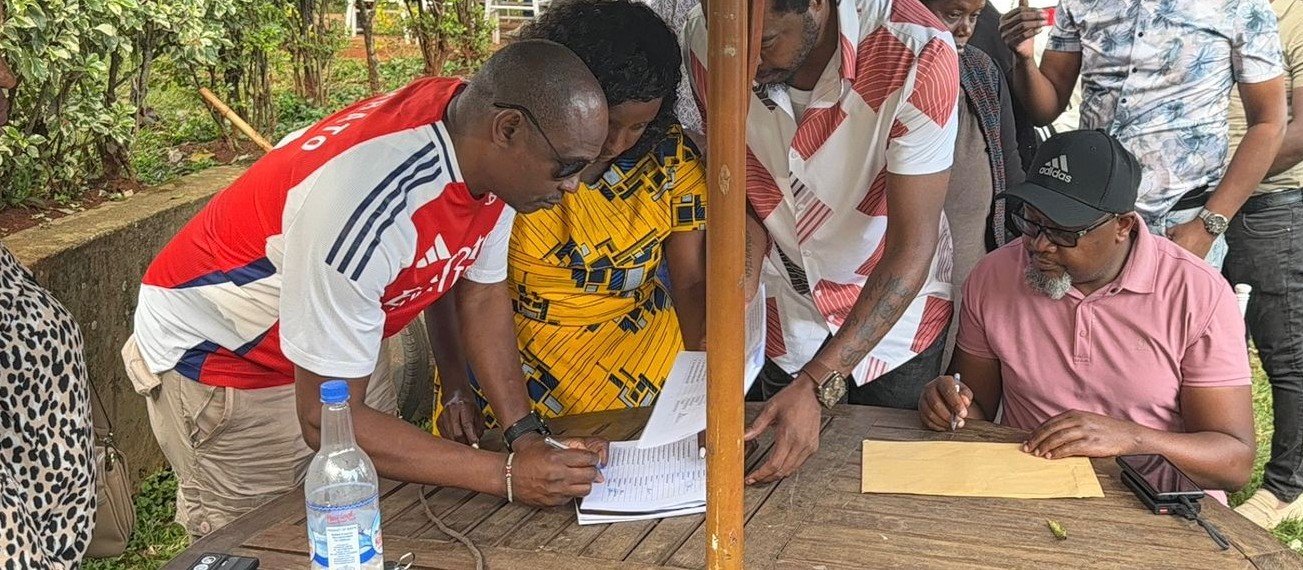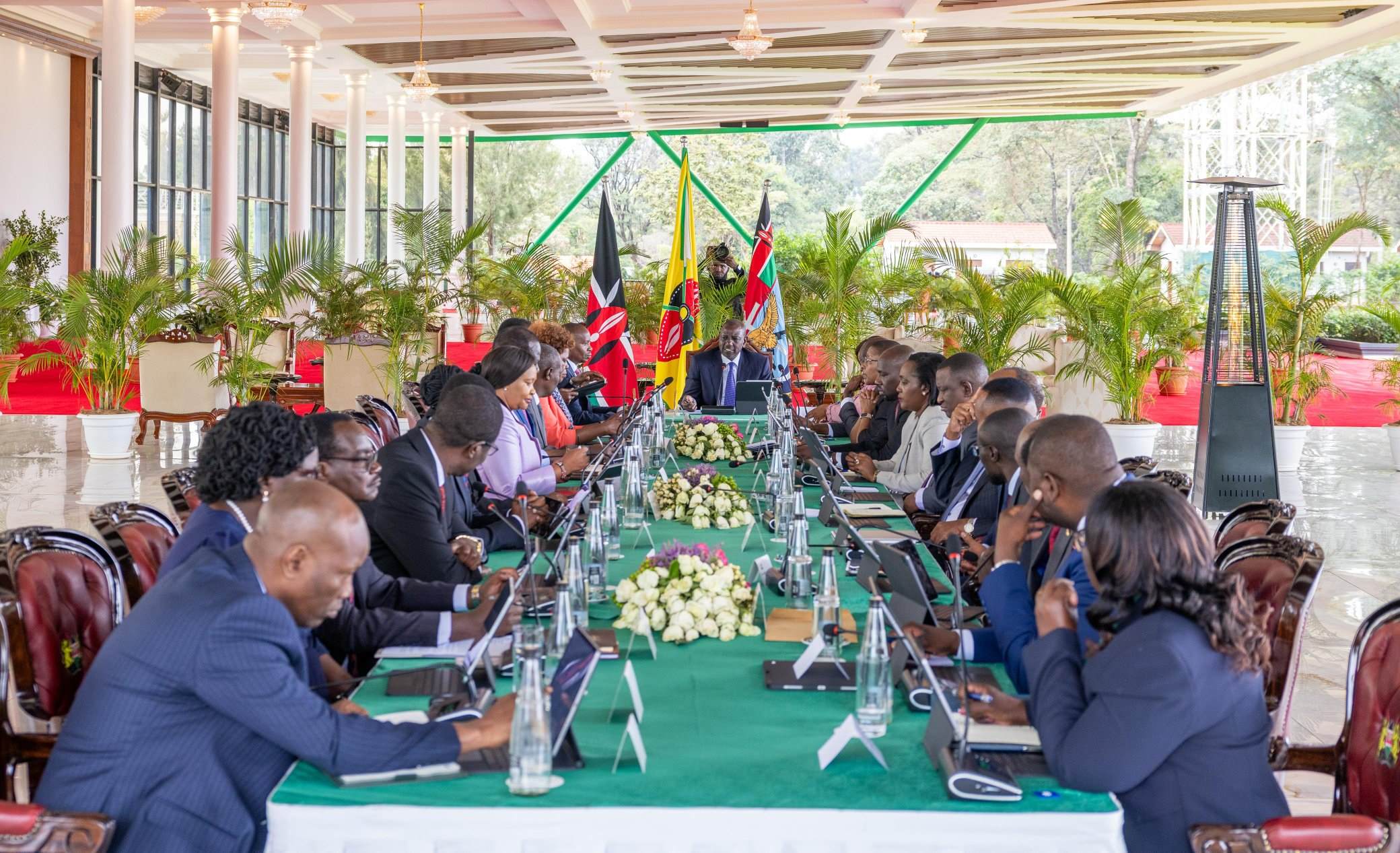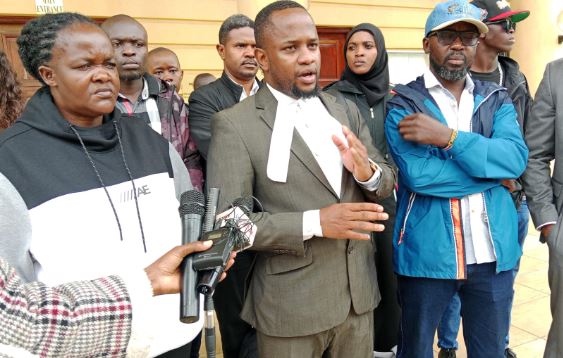Governors to hold emergency meeting over UHC staff and e-Procurement standoff
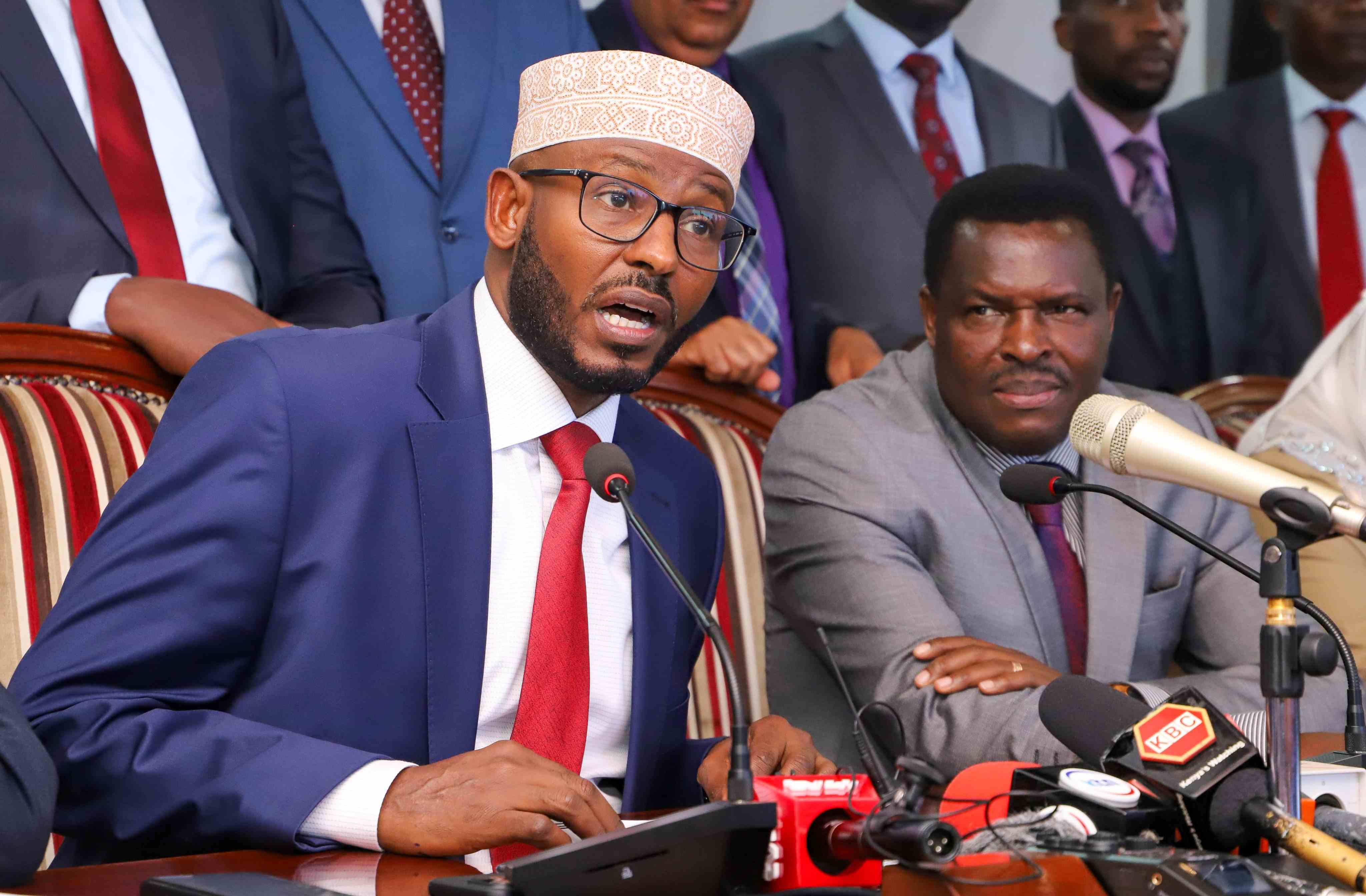
The county bosses argue that directives from the Health ministry and Treasury are unilateral, financially unsustainable and disruptive to service delivery in health and other devolved sectors.
Governors will convene for an extraordinary session in Nairobi on Monday to address a standoff with the national government over the fate of more than 7,400 UHC workers and the rollout of the Treasury’s electronic procurement system, which has stalled county budgets.
The county bosses argue that directives from the Health ministry and Treasury are unilateral, financially unsustainable and disruptive to service delivery in health and other devolved sectors.
More To Read
- Counties push for Sh7.8 billion funding to permanently absorb 8,000 UHC workers
- UHC staff turn heat on CoG Chair Muthomi Njuki, demand impeachment
- CoG raises concerns over UHC staff integration into county payrolls
- Ministry of Health clears 7,414 UHC workers for government payroll as 215 ghost staff removed
- SHA denies wiring Sh20 million to ghost hospital in Homa Bay, confirms payment to Nyandiwa Level 4
- Kenya records landmark milestones in fight against HIV, malaria, TB and sleeping sickness
The Ministry of Health had ordered counties to employ 7,414 UHC medics on permanent and pensionable terms from September 1 without providing the Sh7.7 billion needed for their salaries, a move that has angered governors.
At the same time, Treasury has directed all public tenders to be processed through the electronic Government Procurement (e-GP) platform, which the National Assembly has also rejected.
Council of Governors (CoG) Chairperson and Wajir Governor Ahmed Abdullahi, in a notice dated August 28, invited all governors to the extraordinary meeting to deliberate on the twin issues.
“The proposed agenda of the extraordinary council meeting is to deliberate on the following critical issues affecting service delivery to counties: management of human resources in the health sector and national government directive on the implementation of e-procurement,” Ahmed informed his colleagues.
Governors have protested that Treasury has blocked counties from uploading procurement plans into the Integrated Financial Management Information System (IFMIS), frustrating the full implementation of the 2025/26 budgets.
“The implementation challenges associated with the system have continued to paralyse operations, thereby denying service delivery to citizens in critical sectors such as health,” Governor Ahmed wrote in a separate letter to Treasury Cabinet Secretary John Mbadi on August 21.
“In this regard, the Council asks the National Treasury to lift any administrative blocks related to the implementation of e-GP, failure to which we shall continue to seek legal redress on the underlying issues.”
Counties have also rejected the Treasury’s proposed e-Citizen-like revenue collection system, arguing it targets the own-source revenue they generate.
However, the immediate flashpoint remains the order to absorb UHC medics.
Health Cabinet Secretary Aden Duale said last week that the medics would be absorbed into public service from September 1.
“Out of the 7,629 UHC staff verified, 215 failed to present themselves; these individuals have been identified as either ghost workers or unqualified health professionals,” Duale said.
He added that salaries for the 215 have been stopped pending investigations.
Medical Services Principal Secretary Ouma Oluga, in a letter to CoG Chief Executive Officer Mary Mwiti on August 25, noted that officers absent from duty would not benefit from the new employment terms.
“It has been noted that a number of officers who presented themselves during the headcount exercise are currently not on duty, which has negatively affected service delivery in various county health facilities. To ensure accurate biodata, effective planning and continuity of UHC services, we request your assistance in submitting comprehensive UHC staff returns for all 47 counties,” Oluga wrote.
“The templates should capture the staff who are actively working … and the staff who are currently on strike or otherwise absent, indicating effective dates of absence.”
CoG Health Committee Chair and Tharaka-Nithi Governor Muthomi Njuki said all 47 counties had rejected the Health ministry’s absorption directive.
“The relationship between the Ministry of Health and Counties is supposed to be collaborative, not directive,” Njuki said.
“The report from the verification exercise for the UHC staff has not been validated and officially shared, and therefore, the process of transfer that the ministry is proposing is not agreed upon.”
Njuki also highlighted that counties have not conducted any procurement, making it impossible to operate effectively for the past three months.
“The extraordinary meeting of the Council of Governors is usually called when we have issues that require urgent attention that cannot be able to wait for the regular time that we meet. One of the things that is going to be on the table is that counties have not done a single procurement, and it is not possible for us to run for three months without running the government. You cannot do any development if you are not procuring, and it is because the e-procurement system is not ready,” he said during an interview with Citizen TV.
Meanwhile, UHC workers have issued a strike notice. The Health Sector Caucus, in a communication to the Nairobi Regional Police Commander, said medics would start nationwide demonstrations tomorrow to demand faster implementation of employment term changes.
“An estimated 5,000 UHC staff are expected to participate in this cause; the procession will start from Green Park Terminus, where members will peacefully assemble at 8:00 am,” Peterson Wachira, caucus chair, informed police while requesting security.
The caucus said the medics’ demands include gazettement of UHC staff data post audit, formal commitment to pay gratuity with clear timelines, and enforcement of the return-to-work formula.
Top Stories Today
